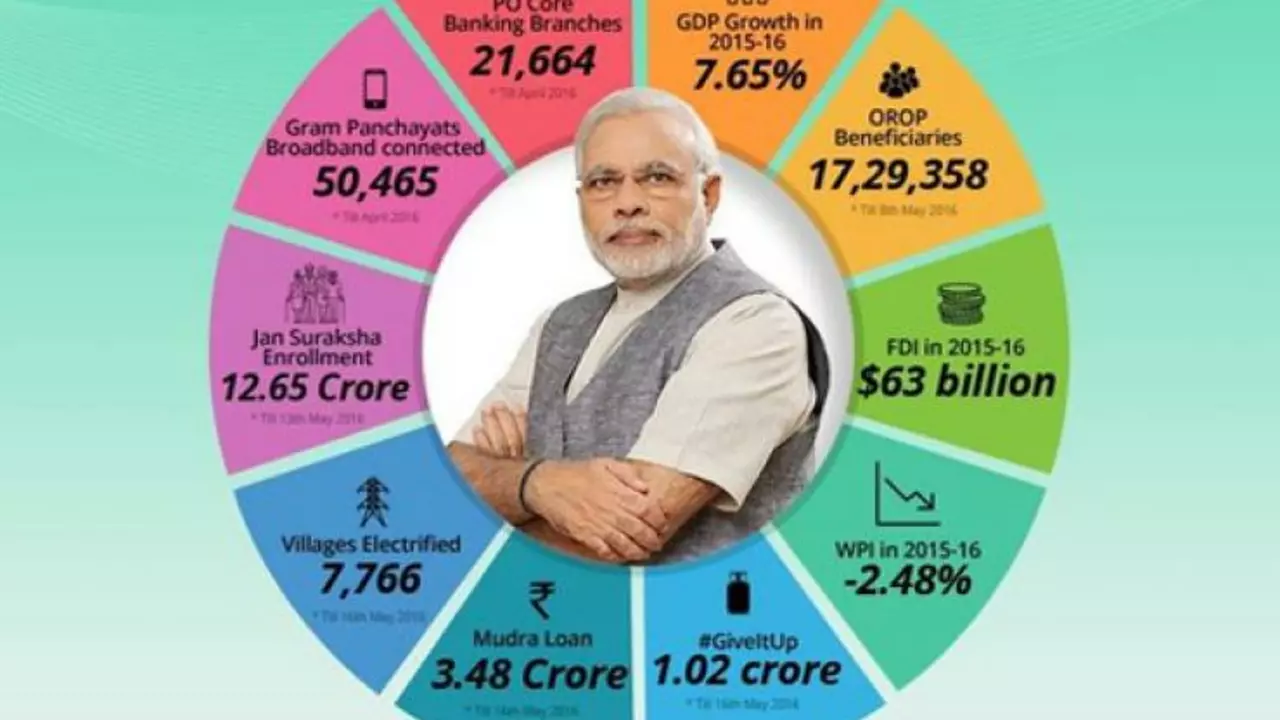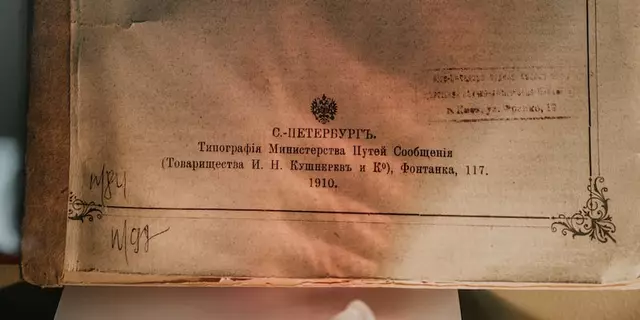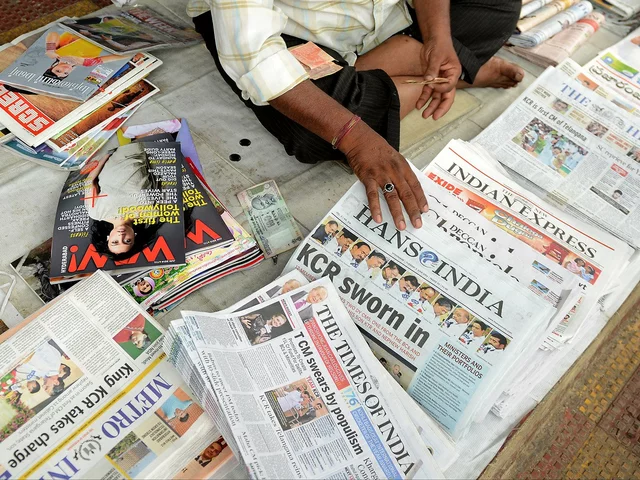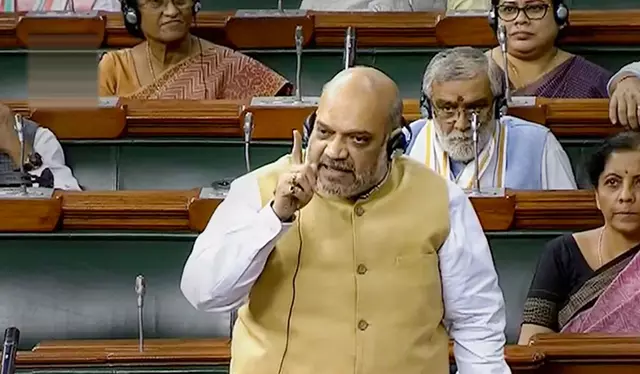Political Dynasty: How Family Ties Shape Power
When you hear the name "Kennedy" or "Gandhi," you instantly think of politics. That instant link is what we call a political dynasty – a family that holds power across generations. It’s not just a fancy term; it’s a real pattern you can see in many countries.
What Is a Political Dynasty?
A political dynasty starts when one family member wins an elected office or gets a big party role, and then later relatives win similar positions. The advantage comes from name recognition, built‑in networks, and a trusted brand. Voters often feel they know the family’s stance, so they hand them the ballot without much research.
Think of India’s Nehru‑Gandhi family, the United States’ Bush family, or the Philippines’ Marcos clan. Each of these lineages has had multiple members serve as presidents, prime ministers, or legislators. The pattern repeats whether the country is a democracy or a semi‑authoritarian system.
Impact and Controversy
Supporters say dynasties bring stability. They argue that if a family has delivered good governance before, they’re a safe bet for the future. Critics, however, point out that dynasties can block fresh ideas and keep power in the hands of a few. This can lead to corruption, nepotism, and a feeling that politics is an exclusive club.
For ordinary voters, the presence of a dynasty can shape campaign strategies. Opponents often focus on “new blood” messages, while dynasty candidates lean on their legacy. Media coverage also tends to highlight family connections, which can sway public opinion even before policies are discussed.
One practical way to spot a political dynasty is to look at the family tree of elected officials. If you see a father, son, daughter, or even a cousin holding office within a few election cycles, you’re likely dealing with a dynasty. Local newspapers, election commission records, and party websites usually list these relationships.
So, why does this matter to you? If you care about representation that reflects a broad range of voices, understanding dynastic politics helps you ask the right questions at the ballot box: Are we voting for ideas or for a familiar name? What checks are in place to prevent abuse of inherited power?
In everyday life, you don’t need to become a political historian. Just stay curious, read up on the candidates’ backgrounds, and think about whether a family name truly guarantees good leadership. That small effort can keep the political arena open to newcomers and reduce the grip of any one family.
Remember, a political dynasty is just one piece of the larger political puzzle. It’s powerful, but not unbeatable. Your vote can either reinforce the legacy or break the chain.





